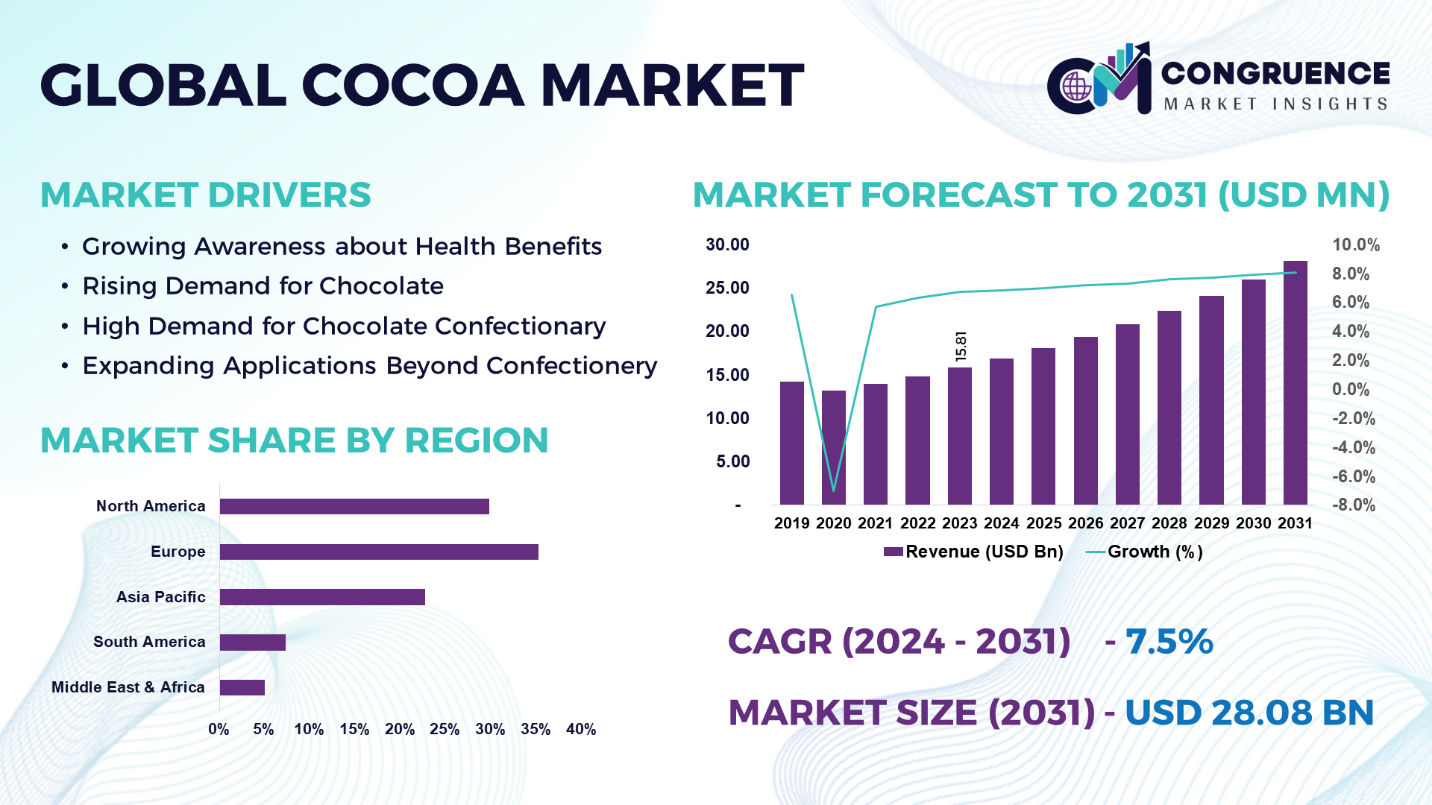Reports
The Global Traction Control System Market was valued at USD 36,817.2 Million in 2022 and is anticipated to reach a value of USD 58,223.3 Million by 2030 expanding at a CAGR of 6% between 2023 and 2030.
Modern active braking systems, such as traction control systems in cars, aid drivers in maintaining control of their vehicles. It enables a car's wheels to keep their dynamic contact with the pavement in relation to the driver's braking inputs. In order to help drivers, take advantage of the traction that is there on the road surface, traction control engages when it detects that the wheels may slip. The need for safety features, technical advancements, and strict international safety regulations for vehicle safety is driving growth in the global market for traction control systems. Furthermore, the use of traction control system applications in cars has increased due to the rising demand for comfort and safety features in vehicles. The market trends for traction control systems include high safety standard ratings and high maintenance costs. However, the traction control system market participants could expect growth possibilities due to the development of sophisticated two-wheeler braking systems and expansion into unexplored markets in emerging nations such as Brazil, Indonesia, and India.

Traction Control System Market Major Driving Forces
Safety from Accidents: One essential part of making sure that the cars are stable and safe is the traction control system. The ability of the vehicle's tires to grip the road surface is greatly enhanced by traction control systems. The primary purpose of the traction control system is to continuously monitor and modify the power supply to each wheel in order to control wheel slip, road conditions, and vehicle dynamics. This lessens the possibility of wheel spin, losing control, and collisions, particularly in bad weather or on slick roads.
Prevalence of Electric Vehicles: The growing market is being positively impacted by the rising use of electric cars (EVs). Traction control is essential and important to reduce wheel spin and improve safety in EVs because they often have higher torque at low speeds.
Artificial Intelligence and Machine Learning: The incorporation of cutting-edge technology such as artificial intelligence and machine learning algorithms is a further development fueling the expansion of the automotive traction control system market. These technologies allow TCS to evaluate information from several sensors and adaptively modify engine power and brake pressure to maximize traction control according to current driving and road conditions.
Government Regulations: The primary forces behind this expansion are the government's strict rules requiring improved safety systems to be included in cars and the public's growing concern for vehicle safety. The market is expanding due in part to the growing customer desire for high-performance cars with improved safety measures.
Traction Control System Market Key Opportunities
Strong Consumer Demand for Self-Driving Cars: A variety of sensors, including as cameras, radar, LIDAR, and GPS, are used by autonomous cars to sense their environment and make prudent driving decisions. As the demand for autonomous cars increases, so too will the requirement for safety and dependability. Traction control systems are much more important since they enable autonomous cars to safely navigate a range of road conditions. An important driving force behind the market's growth is the growing need for traction control systems in autonomous cars.
ADAS (Advanced Driver Assistance Systems) Integration: ADAS and traction control technologies are increasingly being combined to offer a complete safety solution. TCS manufacturers now have more chances to work with cars and increase their market share because to this integration.
Growth of Electric and Hybrid Vehicles: For TCS, the growing popularity of hybrid and electric cars offers a substantial market potential. Because these cars frequently have a lot of torque at low speeds, traction control is essential for both safety and best performance.
Traction Control System Market Key Trends
· Advanced driver assistance systems (ADAS) are becoming more and more linked with traction control systems (TCS).
· The need for TCS to maximize safety and performance is being driven by the popularity of electric and hybrid automobiles.
· Strict safety measures are being enforced by governments worldwide.
· Continuous improvements in sensor technology.
· TCS is essential to the advancement of driverless cars.
· Customers want individualized and adaptable driving experiences.
· When owners of current vehicles modify them, the TCS aftermarket grows.
· Partnerships between technology firms, and TCS makers.
Region-wise Market Insights
North America accounted for the largest market share at 34.3% in 2022 whereas, Asia Pacific is expected to register the fastest growth, expanding at a CAGR of 7.2% between 2023 and 2030.

With a market value of USD 12,628.3 million, the North American region holds the greatest market share of 34.3% in the worldwide traction control system industry. Growing funding for the creation of car safety features and research support are the factors that is driving demand in the area. During the projection period, the regional market will continue to expand due to the improved economic circumstances and growing demand for autonomous and electric cars, which will further encourage the adoption of traction control systems. The market shares of Asia Pacific, with a share of 23.1%, is anticipated to increase at the fastest rate possible throughout the course of the projection period—CAGR 7.2%—as the area is home to a variety of end-user industries and has excellent infrastructure. Most anticipated to have highest growth in the traction control system market are the developing Asia-Pacific nations of China and India. A greater number of vehicles sold, governmental requirements, and customer acceptance of safety features are some of the variables that are blamed for this.
Market Competition Landscape
There is fierce rivalry among many vendors in the global market for traction control systems. Prominent firms operating within the traction control system industry employ tactics designed to attain a competitive advantage. In order to adapt to changing customer tastes, these methods include product innovation, design distinction, and the use of eco-friendly and sustainable materials. Established companies rely on their quality and dependability reputation to hold onto market share, while more recent competitors concentrate on disruptive technologies and USPs.
Prominent players in the market include:
· Bosch Automotive Systems
· Continental AG
· ZF Friedrichshafen AG
· Denso Corporation
· Aisin Seiki Co., Ltd.
· Autoliv Inc.
· WABCO Holdings Inc.
· Hyundai Mobis
· TRW Automotive (ZF TRW)
· Delphi Technologies (now part of BorgWarner Inc.)
· Infineon Technologies AG
· Knorr-Bremse AG
· Hitachi Automotive Systems, Ltd.
· Aptiv PLC
· HELLA GmbH & Co. KGaA
|
Report Attribute/Metric |
Details |
|
Market Revenue in 2022 |
USD 36,817.2 Million |
|
Market Revenue in 2030 |
USD 58,223.3 Million |
|
CAGR (2023 – 2030) |
6% |
|
Base Year |
2022 |
|
Forecast Period |
2023 – 2030 |
|
Historical Data |
2018 to 2022 |
|
Forecast Unit |
Value (US$ Mn) |
|
Key Report Deliverable |
Revenue Forecast, Growth Trends, Market Dynamics, Segmental Overview, Regional and Country-wise Analysis, Competition Landscape |
|
Segments Covered |
· By Type (Mechanical Linkage, Electrical Linkage) · By Component (Hydraulic Modulators, ECU, Sensors, and Others) · By Vehicle Type (ICE Vehicles, Electric Vehicles) · By Distribution Channel (OEM, Aftermarket) |
|
Geographies Covered |
North America: U.S., Canada and Mexico Europe: Germany, France, U.K., Italy, Spain, and Rest of Europe Asia Pacific: China, India, Japan, South Korea, Southeast Asia, and Rest of Asia Pacific South America: Brazil, Argentina, and Rest of Latin America Middle East & Africa: GCC Countries, South Africa, and Rest of Middle East & Africa |
|
Key Players Analyzed |
Bosch Automotive Systems, Continental AG, ZF Friedrichshafen AG, Denso Corporation, Aisin Seiki Co., Ltd., Autoliv Inc., WABCO Holdings Inc., Hyundai Mobis, TRW Automotive (ZF TRW), Delphi Technologies (now part of BorgWarner Inc.), Infineon Technologies AG, Knorr-Bremse AG, Hitachi Automotive Systems, Ltd., Aptiv PLC, HELLA GmbH & Co. KGaA. |
|
Customization & Pricing |
Available on Request (10% Customization is Free) |
